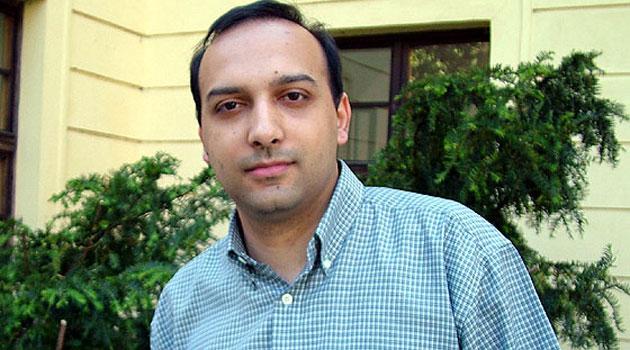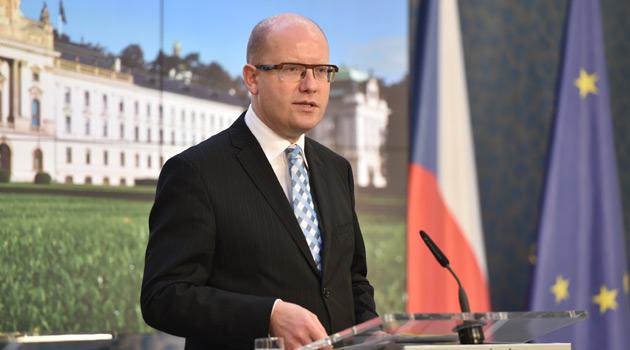David Beňák: Health inequality in the Czech Republic a topic now that Romani infant mortality double the national average

Inequality and the discrimination flowing from it exists in the Czech Republic across a wide palette of variations. Inequality exists with respect to incomes, access to education and to information generally.
This kind of inequality also exists in access to health care. The quality of one’s health is linked to the degree to which a person is included in society.
How we approach our own health depends on many variables – not just educational attainment, how we are raised as children, and our personality traits, but also where we live, our ethnicity, or where we find ourselves on the so-called social ladder. A demonstrable role in how one is able to perceive one’s own health and care for it is played by how much access one has to the full scale of knowledge, and the depth of one’s knowledge is directly proportionate to the degree of one’s social integration.
Both Czech and international studies demonstrate that there is a basic inequality here in the level of such knowledge, opportunities and skills – here we are speaking of so-called health inequities between members of the majority society and those who are socially excluded. It is exactly this subject, which in the Czech Republic is a shamefullly new one, that was the topic of a conference on Health and Social Inclusion held at the end of June in Prague.
Experts working on health and social inclusion discussed how to contribute to more effective improvements to the quality of public health services provided to persons endangered by poverty and social exclusion. It is no accident that the biggest health inequities are recorded in Moravia-Silesia, North Bohemia and West Bohemia.
For example, the Ústecký Region has long reported the worst trends in terms of cancer deaths in the Czech Republic, as well as the highest infant and newborn mortality rates and the highest proportion of miscarriages to live births in the region. The population in the Ostrava area lives with above-average air pollution and particulate matter in the air, which increases the death rate there by 12.5 % compared to populations living in cleaner air, as well as causing high rates of allergies and asthma, especially among children.
As much as 40 % of the population in the Ostrava area is afflicted with various forms of asthma. The same research points also to significantly worse health among Romani people in general in comparison with the state of health of the majority population in the Czech Republic.
The average life expectancy in the Czech Republic is 76 years for men and 82 for women, but a Romani man in the Czech Republic lives an average of 19 years less than a non-Romani man, and a Romani woman lives 17 years less. Romani infant mortality is double the national average.
Romani children represent roughly 3 % of all the live births in the Czech Republic, but they represent 5 % of the stillborn children annually. These indicators are significantly worse in regions with higher numbers of Romani inhabitants, especially in the regions of northern and western Bohemia.
The question of health in excluded localities is, therefore, one of the key areas on which the activity of the Czech Government Agency for Social Inclusion is focused. Maintaining a dialogue about this between representatives of local governments, regional governments, academia, experts in research, the NGO sector and the state administration is essential, in my opinion.
We still lack the room needed here for partnerships between civic organizations and local governments in the discussions with politicians and experts of the state administration about this issue. There is a lack of targeted programs and measures that would improve access to health care among socially marginalized populations.
Last month’s expert conference on Health and Social Inclusion was a first indicator of a new approach and we should be glad about it. If it contributes to creating information channels for sharing models of good practice in individual municipalities such that local governments can be inspired by programs in other localities, that would be a good beginning.
